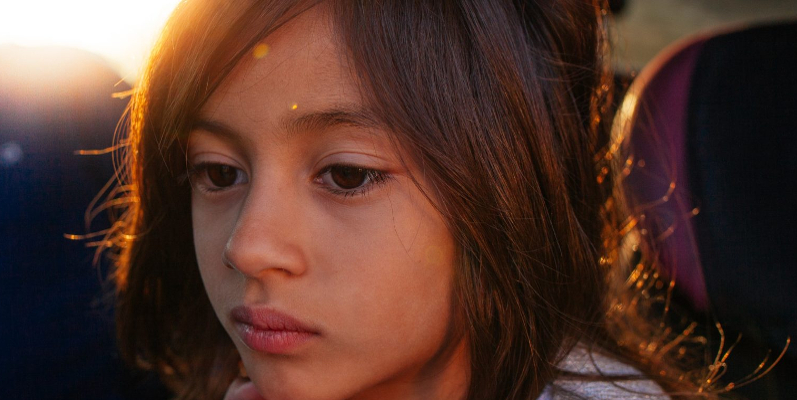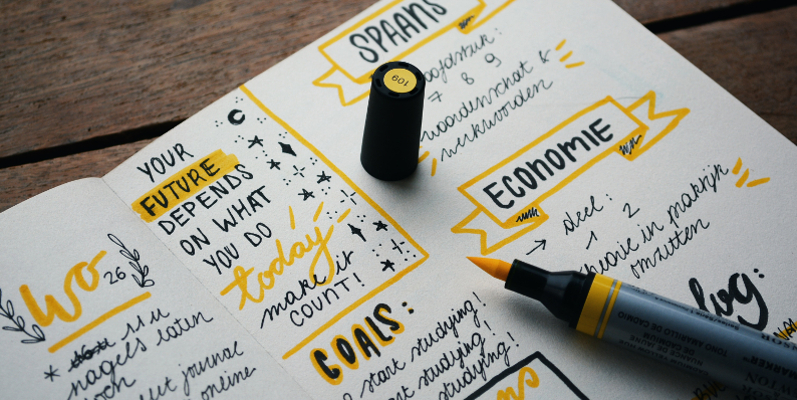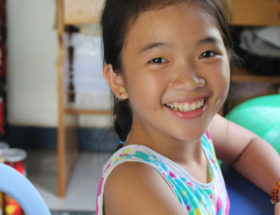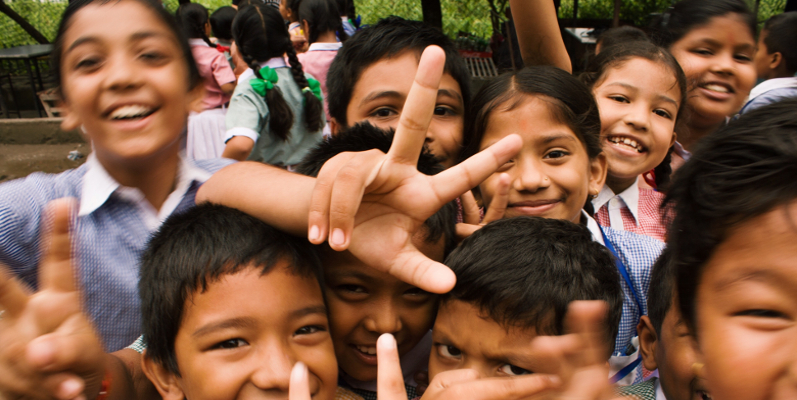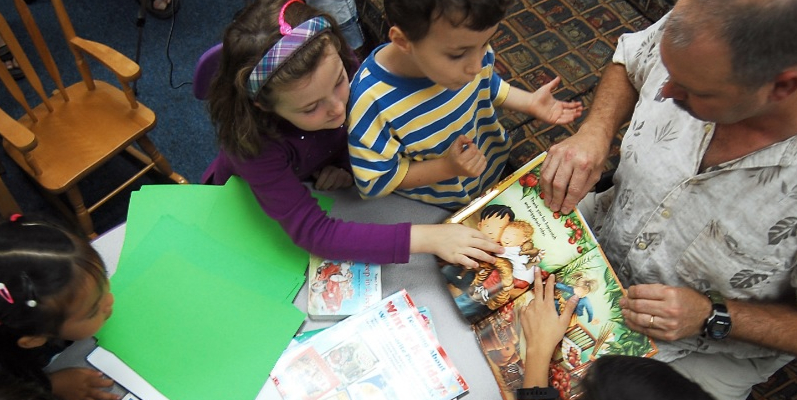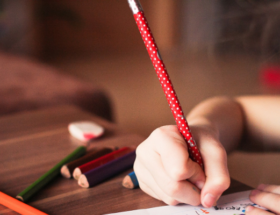One simple question–
Who lives at your house?
“My dad is in jail. It’s far away where he is so we don’t visit him very much. He’ll get out when I’m in high school. That’s about 8 years—it feels like a long time.”
“I have a baby brother who is five. He doesn’t go to our school because he had a brain problem when he was a baby. He doesn’t look at us, but mom says he still hear us. My grandma I never met is coming to live with us to help take care of my brother.”
“My grandma and grandpa live at my house, but no one else except my brother. I’m not allowed to live with my mom and dad. Just my grandparents can take care of me.”
“It’s my mom, big brother and little sister right now. Did you know my mom has cancer? She has have some treatment right now, but later she has to have an operation.”
For the past three weeks I’ve been a part of an assessment cadre that helped to test our K-2 students. Since a lot of them don’t know me, I always start by chatting about their families or caregivers, their interests outside school and books they’ve loved reading.
It’s amazing what kids will tell you when you ask.
In her book, Culturally Responsive Teaching and the Brain, Zaretta Hammond states “the most powerful way to build rapport is by practicing what Reggio Emilia practitioners call a pedagogy of listening.”
When we listen and listen well, we communicate a deep honor for and an authentic interest in student’s lives.
Hammond shares how we can commit to “listening with grace”.
- Give one’s full attention to the speaker and to what is being said
- Understand the feeling behind the words and be sensitive to the emotions being expressed
- Suspend judgment and listen with compassion
- Honor the speaker’s cultural way of communicating
It’s important for us as teachers to listen to our students when they tell us about their lives. They don’t often offer up that information unless we find non-invasive ways to ask. Teachers aren’t building rapport with students through listening because we want to invade their privacy. We want to enter into their world outside school so that we can better meet their needs in a holistic manner.
Just as we work diligently to study and gain knowledge about pedagogical content knowledge, we can intentionally learn more about listening to kids to guide their learning. We want to become partners in their pursuit of becoming independent, agentive thinkers, readers and writers.
This new learning on our part can be approached as inquiry.
- How can the quality of my interactions with students be described?
- Do I express appreciation for my students in nonverbal ways by looking directly at them when they talk (set aside the multitasking), communicating with appropriate body language, gestures, posture that is nonjudgmental; giving a high five, fist bump or extending a handshake to show care and encouragement?
- Am I committed to an asset model knowing that all students come to school with strengths both academically and socially?
- Is it regular practice for me to affirm those assets in genuine and authentic ways?
Adopting a pedagogy of listening is not always easy. It takes intentional, persistent practice on our part, and patience with ourselves and our students. It’s easy to focus on curriculum, but much more challenging to closely examine the quality of our relationships with students.
Difficult? Yes.
But so worth the effort.

